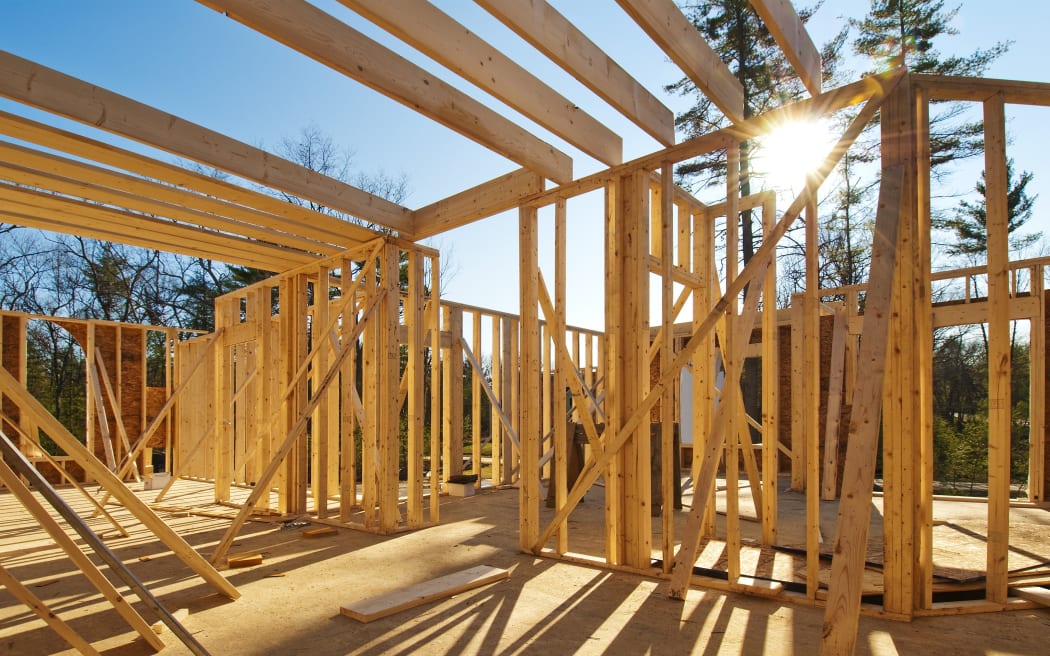
Photo: 123RF
The government says its plans to reform the building consent system will make it more affordable to build a home.
It intends to review the Building Code to bring in a streamlined risk-based consenting regime, as well as increase the availability of construction materials - two aspects that were part of National's election manifesto.
Building and Construction minister Chris Penk said the reform would increase competition, lower building material costs, and support New Zealand's resilience to supply-chain disruptions.
"It's difficult for builders to have products from overseas accepted for use by building consent authorities and councils. At the moment, because they each face the individual risk, they've got an uncertainty. And there's a large number of them, so they're rewriting the rulebook each and every time. So we want to have some more clarity and consistency for them."

Building and Construction minister Chris Penk Photo: VNP / Daniela Maoate-Cox
The cost of building work consented per square metre for a standalone house in 2022 was $2591. In Australia, it was $1743.
The total number of homes consented is in decline as well. In the year to December 2023, 37,239 dwellings were consented, down from 49,538 the previous year.
Penk said New Zealanders were paying too much for building materials.
"It will really unlock that competition, and therefore the downward pressure on prices, whereas at the moment, the feeling is very much that with relatively few products available in the same space in New Zealand, there's a monopolistic effect," Penk said.
As part of National's coalition agreement with New Zealand First, very small dwellings such as granny flats would not be subject to a building consent if they were of a certain size, requiring only an engineer's report.
Opening up the market to more overseas materials would mean New Zealand could avoid being hamstrung by shortages, such as the Gib shortage which came to a head in 2022.
"It is future-proofing, in that regard. But it's also every day ensuring the costs are as low as possible, because in a functioning market you have as many different would-be providers. And so the consumer can make the choice, between them and their builder," Penk said.
"The other piece around that is to ensure that innovative products in New Zealand get a fair go. So we're looking at ways to ensure that they get recognised and can be used across all the different building consent authorities as well."
Penk said the government would be careful to draw the line in the right place, so reforming consents and making materials cheaper would not lead to another leaky homes situation.
"There are sensible ways that we can easily and quickly get to a safe result, while achieving those aims of lowering costs by increasing competition," he said.
An option was to look at equivalent jurisdictions that have already done the same work, and had the same conditions, such as Australia, and automatically allow their products to be approved in New Zealand.
Penk expected it would take a few months to draw up the regulations.

